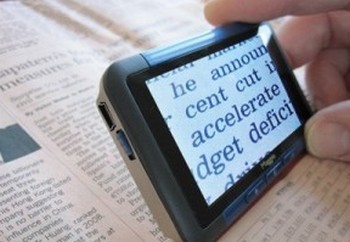We are now living longer than ever before – men in England have average life expectancy out of 79 years, woman 83. Just 30 years ago, it was 71 and 77 years, respectively. This newfound longevity means we can expect a longer retirement, during which we should enjoy a better standard of health, and in many cases a quality of life. But it also brings a lot of problems like financial worries, and how to deal with it when we start to get weak.
According to a BBC reported the majority of people prefer to stay in their own home as long as possible rather than going to a nursing home as they get older. But because so few of us can afford a sitter, it means we rely on friends and relatives for support, which can be anything from preparing meals or helping us wash and dress, to distributing medicine or helping with shopping.
However, when an elderly person lives some distance from their family, and it may not be feasible for one party to move in with the other, science kicks in. Assistive technology, which some refer to as “Nana-technology,” can help older adults maintain independence, stay safe, and reassure their loved ones.
Here are some great examples:
Hearing aids
Hearing aids have of course been with us for many years (invented in the 19th century!) but the technology behind them is now very advanced, to the point where they can restore hearing towards virtual perfection. Many companies, like Hidden Hearing Ltdprovides an excellent range of options for those with hearing loss.
Screen Magnifier
Blind and low-vision people can get help in many forms, from screen magnifiers that make work easier, play games, or browse the web, to braille watches.
Drug Dispensers
Getting the wrong dose or time of medication can be dangerous, and it is significantly more likely to occur in people who have lost their cognitive abilities. Now drug dispensers have been invented that not only dispense the right dose at the right time, but they can also send out alerts to make sure they’re not missed.
Smart Walker
The kit is very clever – a running frame on wheels that responds when summoned, with electronic signals normally, but you can also find voice activated engines. So for those who don’t completely rely on them and who are often in the wrong room when they need walking support, this is a great find.
Home Monitoring Technology
Cameras and other devices that allow people to check in on their loved ones remotely – it’s great to know that you can see how Mom or Dad is doing with the push of a button, and be notified if they have any problems.
Kits of this kind can also be easily linked to emergency services so that in the event of, say, a fall or stroke, they can arrive in minutes. Who knows how many lives this kind of technology has saved, and in the future?








